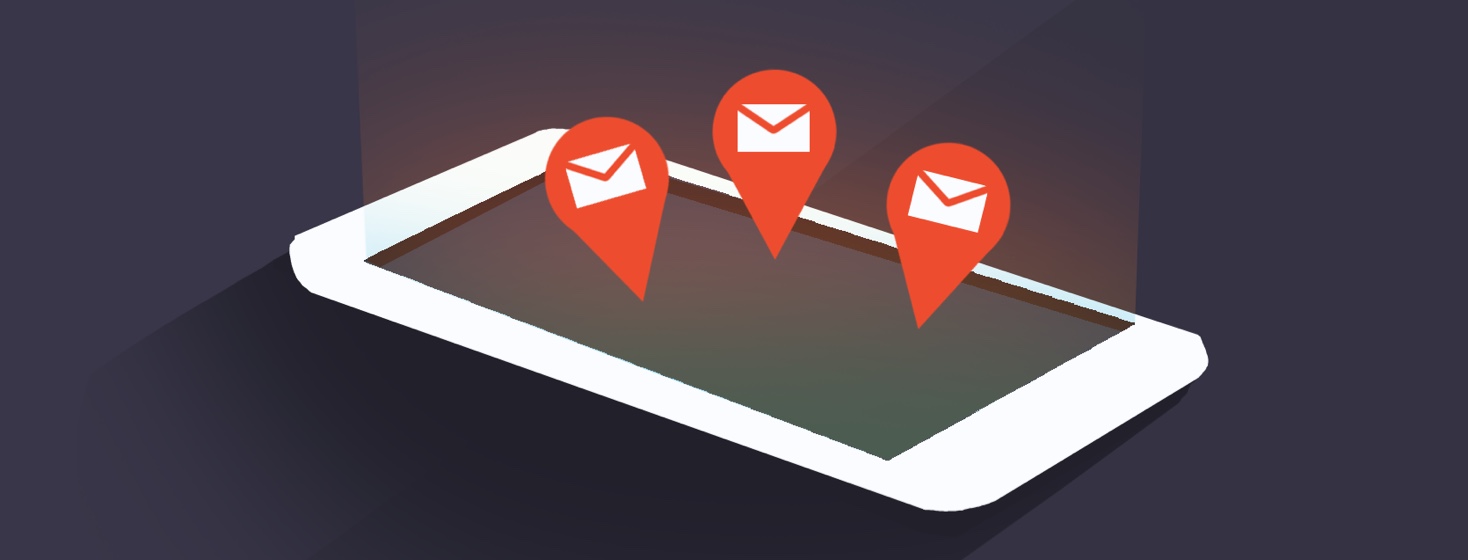How Will the Final Rule of the 21st Century Cures Act Impact You?
The 21st Century Cures Act was passed in 2016 by Congress in order to “help accelerate medical product development and bring new innovations and advances to patients who need them faster and more efficiently.”1
As the Cures Act “Final Rule” is implemented, “patients will begin to get on-demand access to certain information within their medical records ... which includes clinical notes, test results, and medications.”2
Accessing my records through MyChart
Many of us access information about scans, bloodwork, and other test results related to our cancer through our electronic health records. Mine are available through a portal called “MyChart” which I can log into after putting in my user name and password.
Usually, a few days after I review my test results with my oncologist at a scheduled appointment, the electronic reports from radiology, pathology, and elsewhere are released to me directly through MyChart. I can then view them through this portal, where they are saved as an electronic record of my healthcare journey.
Mixed feelings about the Cures Act Final Rule
At my last visit with my oncologist, she commented that there soon will be changes as a result of the Cures Act Final Rule, which encourages transparency of electronic health records. I had already noticed that starting with my last scan in April, I now have electronic access to the post-visit notes written by my oncologist after each of my appointments. My oncologist told me that I would also soon have immediate access to my electronic test results as well, and be able to read these reports at the same time she receives them. No longer would I need to wait a few days to receive an email that these results were available on MyChart. While my immediate response was to think “how fantastic,” after considering a little further I began to have mixed feelings about this immediate access.
Pros and cons of readily available results
Normally, I have my scans and other tests early in the morning and meet with my oncologist to discuss the results on the same day. However, if I needed to wait a period of time after having a scan, as many patients do, I believe I might find the immediate availability of my test results quite stressful. Part of me would not want to look until an appointment with my oncologist so that she could help interpret anything confusing or in need of follow-up. Different radiologists read my scans each time I come into the hospital and some of their summaries are more detailed and/or alarmist than others. The other part of me would want to get my results as fast as humanly possible, though. Once I knew that the results were ready, I would have a difficult time refraining from taking a peek.
Will there be an option to opt-out?
I discussed this dichotomy with my oncologist and she too is concerned about patients who might not want to see that information prior to having her put it into context. It doesn’t appear that it is currently possible for a patient to opt-out of receiving immediate access, even if they wish to do so. There are allowable exceptions to the rules of open health record access, but those seem to focus mainly on exceptions that allow providers to decide not to release all records or to charge fees for certain items.3 None of the exceptions appear to provide for patients who don’t really want to get their results prior to talking to their oncologist, but feel they might be too tempted to look if they do!
What do you think? Is it an unequivocally good idea to have immediate open access to all electronic health reports? Or would you prefer to wait until you can discuss with your physician?
Editor’s Note: We are extremely saddened to say that on June 23, 2024, Ivy Elkins passed away. Ivy’s advocacy efforts and writing continue to reach many. She will be deeply missed.

Join the conversation